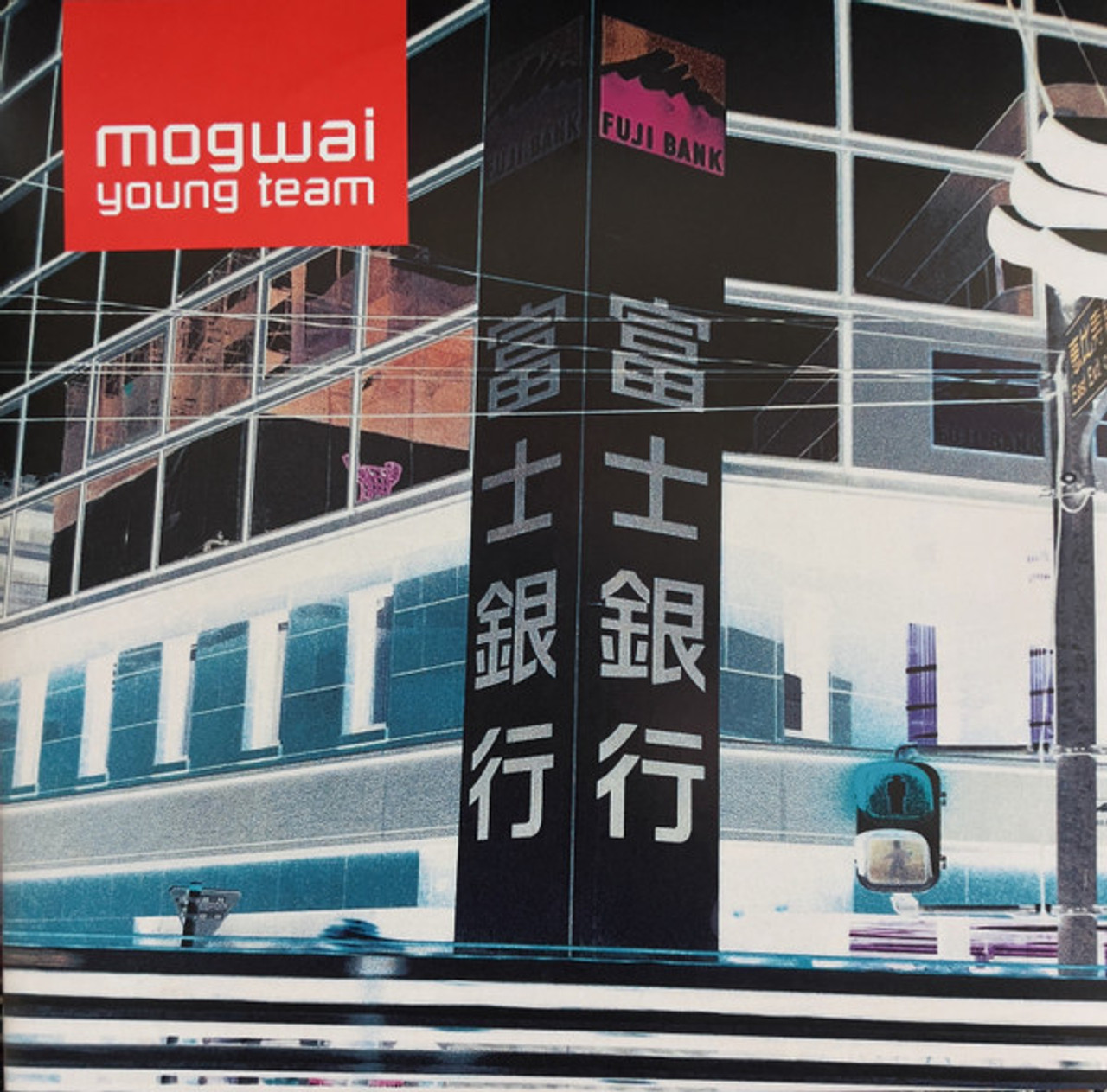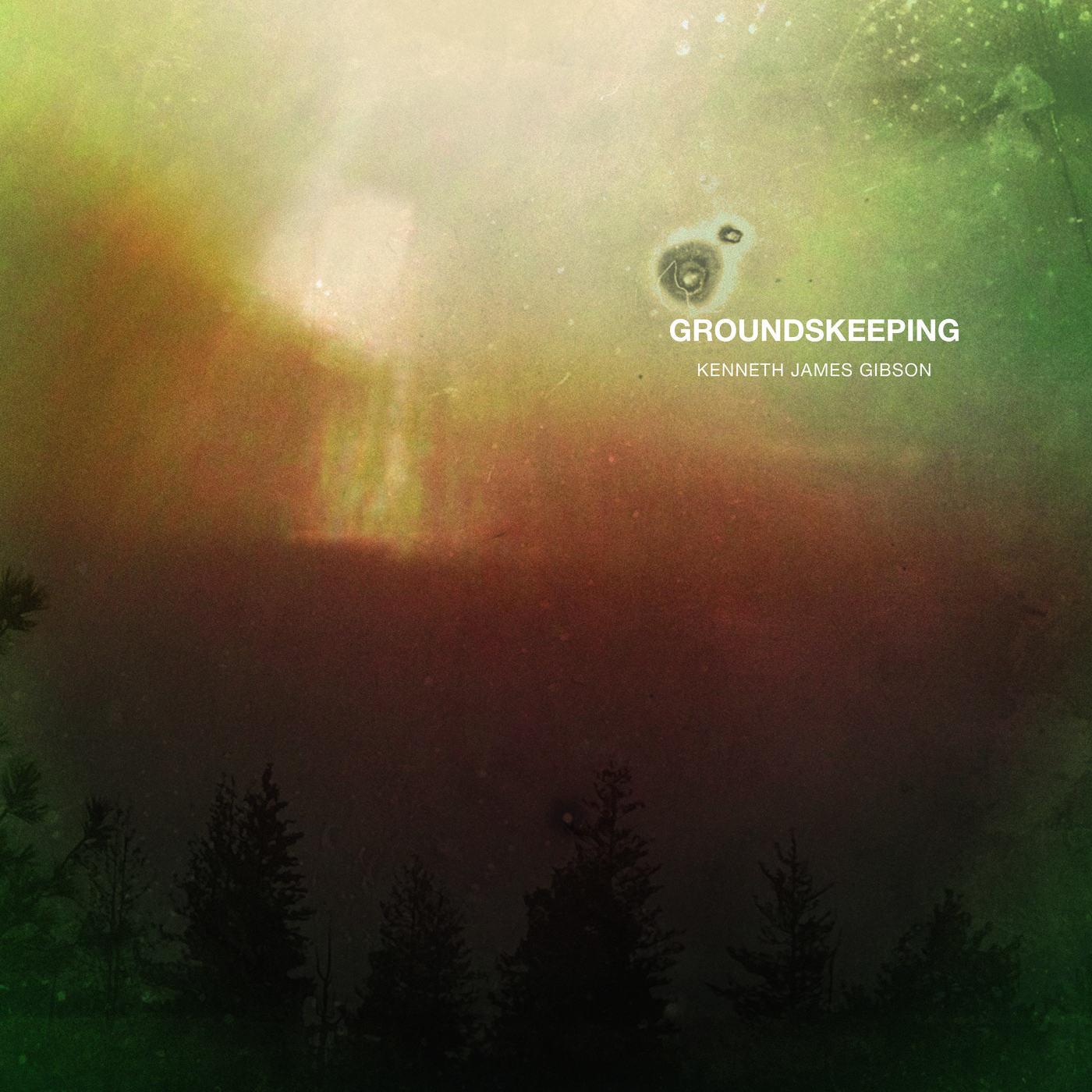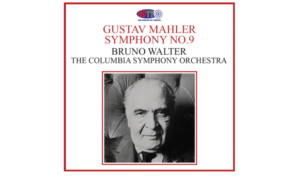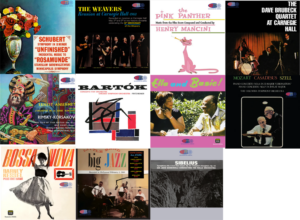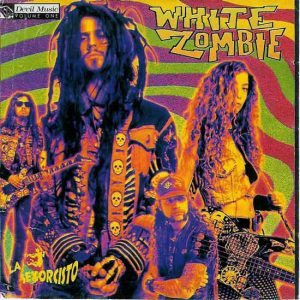
There are few genres more polarizing than minimal electronic music. This is totally subjective; but I believe you have to experience this music in a live setting in order to fully appreciate it outside the club: with perhaps a little chemical booster on-board in order to enhance the senses (or maybe not—Dr. David Robinson and Dave Clark love this style of music, and they're not ravers). I say this as I'm not sure if I would have the same love for this music had I not danced to it countless times as the sun was coming up, surrounded by my close friends, at underground warehouse parties. I think of it more as a soundtrack to a lifestyle, or as a minimal audible painting. The elements, while sparse, utilize the space surrounding them to complete the composition (or compositions). So the composer/arranger (if he or she is any good) takes advantage of the dimensionality within the structure of the tracks. Am I making any sense? Thought not. Put it this way: Richie Hawtins' music (a.k.a Plastikman) is not for the simple-minded, even though his music presents itself simply because of its minimalistic approach. My wife hates it, and she also hates Philip Glass and Steve Reich. I love em both—so if you fall into the same mindset as Alexandra you should probably skip this one. Me? I find some of Hawtins music to be incredibly addictive. I love his use of space, and especially the subtle ways in which his music builds.
Usually his builds are also drawn-out. His singular sounds change slowly and steadily; so by the time you're into the midway of the track, or towards the end, you've got a dancefloor chugger coming from your loudspeakers. But it didn't start that way. Take the first track of EX for example: "Exposed"—the intro kicks off with a single triggered synth pad. The noise is akin to the sound of a snapped metallic spring, seemingly looped. The sound morphs over time, set back into a four-on-the-floor dance/house music rhythm. The noise begets other similar types of pads and stabs. Anyone of the sounds can become the kick, the bassline, a snare of a hi hat, horn, or anything else you can think of! These triggered sounds begin a gradual dance around each other, creating a full-bodied drivy (sorry, made-up word there, seems to work) toe-tapping/head-bobbin' track. The forward motion of these pings and pongs are carried and driven by the pounding kick-drum. That's the backbone. That's what gets me movin' as I listen to it. At about 4:28 into "Exposed" I can picture myself on the dancefloor with my wifey, shaking our money-makers and clapping our hands to the beat. The individual tracks blend seamlessly into each other as the LP advances. This is a live Plastikman set, so there are no moments of silence or closing fades. Train spotters wouldn't be too happy with that on the dancefloor.
I have a lot of friends that are into this music, and I have a lot that despise it! There are also those in the middle. Those friends, who don't explore this genre much, find the style a great accompaniment while driving, biking, surfing, or any other physical activity. Hawtin's music is one of my favorites to drive to: especially tracks like "Expand". This one's got a hovering low-end bass synth that begins to sway effortlessly. It also sounds very slow at first, but once the kick drops it renders an illusion of getting faster. It's progressive, but it's also ambient. Atmospheric is another way to describe it. It's very breezy, there's lots of air in it. But as I stated in the beginning of this review: It's the use of space that makes this style of music so interesting for me. "Extrude" gets a little nastier. Its bassline is a sharp acid house stab, which I've often heard a couple of my friends refer to as an "EDM frog" (hmmm, hmmm). The overall effect of these sparsely captivating compositions make for a grand musical accompaniment to anything I do: Whether it be driving, writing, reading, etc. It can suck me into a journey, leaving all the room in the world for my imagination to run wild as the music plays. Its cascading melodic structure doesn't impose itself on you. It's like a soundtrack to life, or, more poignantly, a soundtrack to a sun-rise or sunset: The visual of the light fading over the horizon, or covering the Earth is what fills the empty spaces within the music. I've had many amazing mountain bike rides through the woods while crankin' this sort of stuff. It actually helps me focus, keeps me calm, and also gives me an extra boost of energy when I need it. I understand why my friends who aren't necessarily into this genre find it useful in the gym or on a run. It's movement, the subtle progression, is meditative and soothing in a way—while it simultaneously gives me energy through its driving rhythm and stripped-down melodies. That's the wonderful duality of this music: it's serene, progressive, and ascendant all at once.
Plastikman a grand-master of minimal techno. He manages to carve out these magnificently ethereal sounds via studio tools that you wouldn't typically associate with ambient music at all, like drum machines. The sounds he's developed over the years using staple machines like the Roland TB-303, 808, and 909 are so distinctive, even though his arrangements are simple, you can always tell if you're listening to a Plastikman track (especially if you're a Plastikman or Richie Hawtin Devotee). It's like Stevie Wonders harmonica playing. He's got the same ol' harmonica as other musicians—but you know when you're hearing Stevie! The same is true of Hawtin when it comes to minimal electronic music. Sure, it's repetitive, just like house music or (dare I say it) trance, but so are the sounds of ancient drum circles, and the pulsating rhythms and melodies of tribes in Africa that are cut off from the modern world. Have you ever watched a documentary about any of these tribes and their rituals involving music? Or perhaps you've been to far off places and taken part in their centuries-old traditional dancing. It's not just the drumming or ascendant melodies that grab you. It's also the sounds of the tribe reacting to the music: They're self-expression that's un-leashed during these dances. Whether they're all singing in unison to the beat, or trying to stand out in the circle: Their individual expressions fill any voids left by the lack of strings or horns or anything like that. The energy comes from the whole thing: The music and the people. If you've ever seen Dead Can Dance, and how they seemingly tell a story with each song in the set, you can formulate an idea of the concept I'm trying to illuminate. Bottom line: The music maybe minimal it its composition or execution, but the overall sonic experience is anything but minimal. This music is cosmic. I can't help moving in my chair while listening to it, or eventually getting up and grabbing my wifey's hand for a dance. It's brain music for those of us who want to free ourselves from our minds! The music is a tool for achieving what Quakers call "the peace at the center".
I can't get enough of it, and I hope a few readers will give it a chance, even if it sounds utterly alien to them.. You never know what'll grab ya! EX (Performed Live At The Guggenheim NYC) is a splendid sonic adventure, and I've come to expect nothing less from Plastikman after many years of following his evolution! My biggest regret is that I didn't know about the gig in NYC! My friends and I have been fortunate enough to see him play. He doesn't make it down to the States very often—or, maybe he does now, but years ago he kept running into Passport problems, so he cut his US gigs down a bit. I sincerely hope that's all been sorted out, because EX has me drooling for a live Hawtin/Plastikman set. Next time you're out late-night with your girl or boyfriend (husband or wife) and you arrive home restless after a long night of dancing or socializing, cue this LP up, turn the lights down, and crank the volume up on your system. Oh, and if you got it you might wanna bust out some booze too. Once you've got a little buzz, you'll end up moving to this. I think so anyway! Bravo Plastikman, Bravo!





